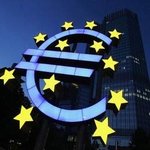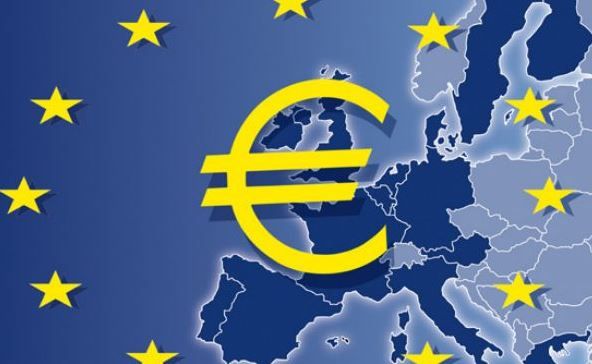The Prestigious Munich-based think tank, the Ifo Institute, along with INSEE of France and ISTAT of Italy, forecast a very moderate 0.2% annual Eurozone GDP growth for the fourth quarter. They also predict 0.2% economic expansion for the third quarter that has just ended.
Ifo explains that geopolitical uncertainties continue to undermine business confidence. It expects the Eurozone’s economy to grow by just 0.8% in 2014. It does not foresee any significant economic expansion until the first quarter of next year, when it believes GDP will grow by 0.3% compared to Q4 2014.
In a statement, Ifo wrote:
“The recovery will probably primarily be driven by a gradual upturn in domestic demand. Both the increase in production and growing investment in expansion, postponed due to the financial crisis, are expected to stimulate investment.”
The following countries are in the Eurozone: Austria, Belgium, Cyprus, Estonia, Finland, France, Germany, Greece, Ireland, Italy, Latvia, Luxembourg, Malta, the Netherlands, Portugal, Slovakia, Slovenia, and Spain. (The UK and Denmark are in the EU, but chose to keep their own currencies stay out of the Eurozone.)
High unemployment and household spending
With the currency bloc’s very high unemployment rate declining ever-so-slowly, the Institute sees continued weak private consumption.
If the price of oil does not veer too far from $97 per barrel and the $ vs. € rate remains around $1.28, inflation will probably increase very slightly over the next two quarters, but will stay well below the European Central Bank’s 2% annual target.
Ifo wrote:
“Risks include a weaker upturn in investment than expected and an increase in the private savings rate. Demand from emerging economies may be lower than forecast, while geopolitical conflicts could also burden the economy to a greater extent.”
Ifo president criticizes ECB
Ifo’s President, Hans-Werner Sinn, criticized the European Central Bank for deciding to embark on a plan to buy asset-backed securities and covered bonds. He says the move will turn the Eurozone’s central bank into Europe’s bad bank and a bail-out authority.
Mr. Sinn said:
“The ECB will presumably buy junk paper and thus increase the burden on taxpayers should defaults occur, since taxpayers will have to make up for the drop in the distribution of ECB profits to the respective treasury departments.”
Mr. Sinn adds that the ECB does not have a mandate to buy risky assets, a function that is within the jurisdiction of regional authorities.
He believes it is wrong for the ECB to further subsidize economies which are currently under the EU’s support programs at the taxpayer’s expense.


